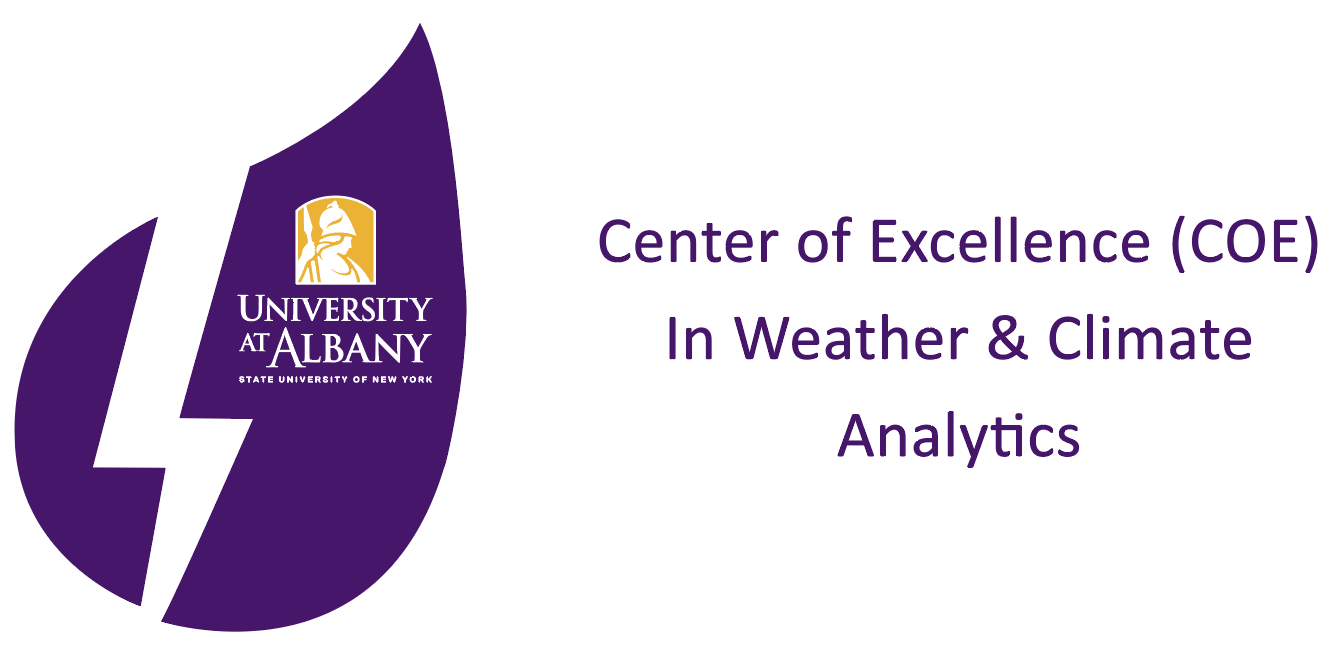Plans for New Weather Innovation, Smart Energy and Resilience Center Draw Energy Sector Leaders to ETEC
The University at Albany hosted energy industry executives from more than 20 companies at ETEC for a two-day planning meeting that offered an overview of Weather Innovation, Smart Energy and Resilience (WISER), a newly proposed Industry-University Cooperative Research Center (IUCRC).
WISER, a partnership between UAlbany and the University of Connecticut (UConn), aims to leverage the research and expertise at both institutions to create advanced weather- and climate-based solutions for the energy industry, now and in the future.
The IUCRC program, funded through the National Science Foundation (NSF), provides a structure for academic researchers to conduct research of shared interest to industry and government organizations. A planning grant for WISER has been funded through the NSF and will formulate a blueprint for building the center.
“The NSF created the Industry-University Cooperative Research Center program with the goal of generating breakthrough research through engagement between industry innovators, world-class academic teams, and government agencies,” UAlbany President Havidán Rodríguez said in remarks opening the planning meeting on Monday. “Our proposed WISER center targets where weather and climate intersect with the energy industry. This model is exactly the outcome that we envisioned when we designed the ecosystem of research, industry, and economic development assets here at ETEC.”
WISER’s current grant funds a 12-month period of planning for the proposed center. Stakeholders already took part in a multi-week virtual boot camp over the summer, where they developed about a dozen proposed projects for researchers, industry, and agencies to discuss, all relating to WISER’s primary research thrust areas: renewable energy, outage management, grid resilience and climate change impacts.
At the planning meeting earlier this week, these proposals were presented and discussed, with industry and agency representatives offering feedback and suggestions. Ultimately the WISER center would choose two or three projects to complete every six months, each one designed to meet a specific climate or energy need.
With support from the NSF, WISER would become a leading energy industry-academic partnership, advancing research and cutting-edge technologies to improve energy industry efficiency and reliability in the face of a rapidly changing climate and the global transition to clean energy sources.

